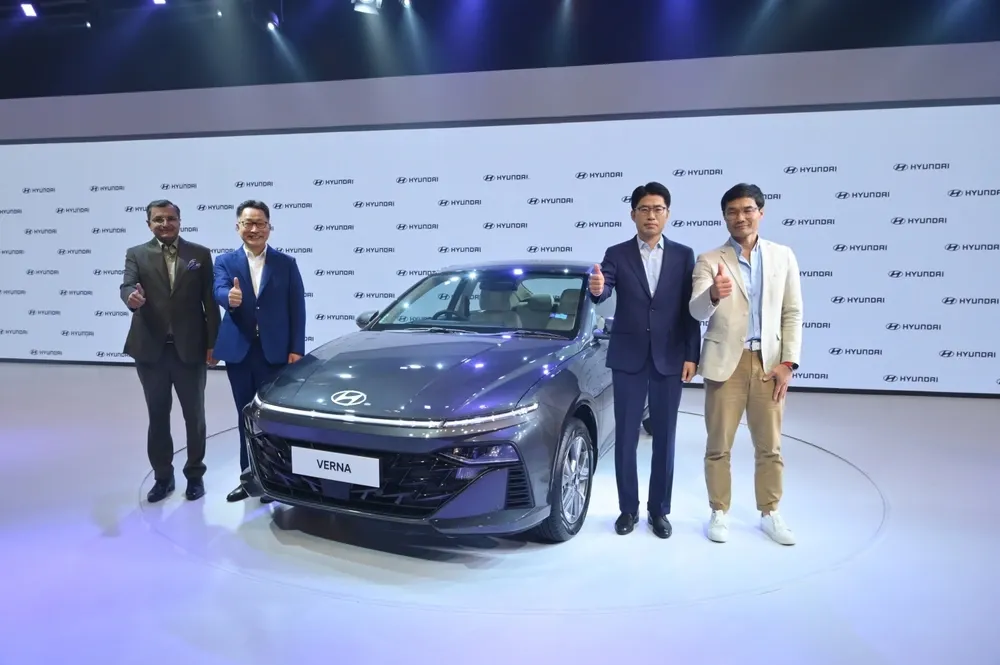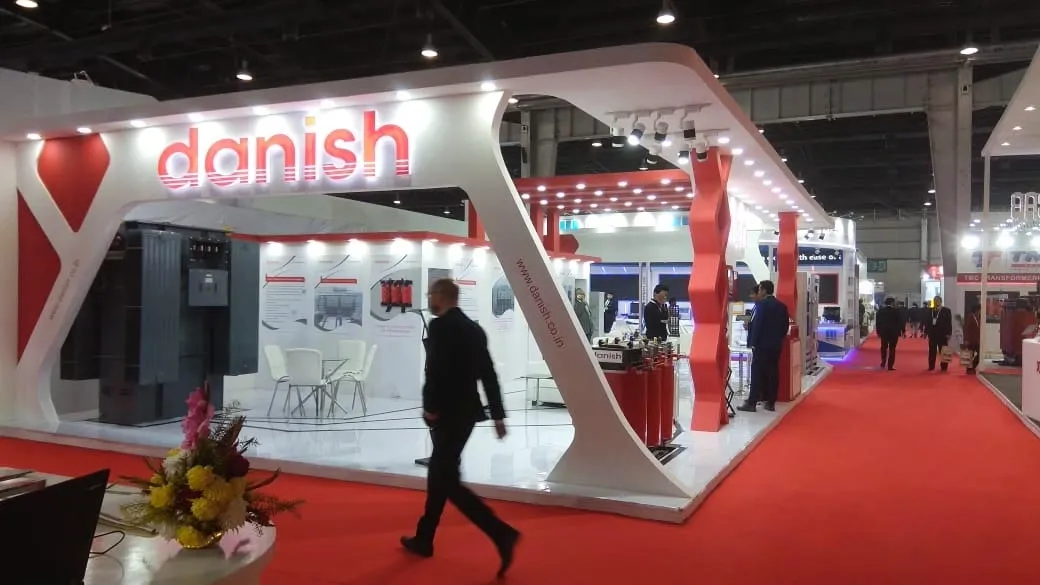Market News
Hyundai Motor India IPO booked over 2x on last day: Check key factors behind weak retail demand
.png)
4 min read | Updated on October 18, 2024, 16:46 IST
SUMMARY
Hyundai Motor India IPO: The IPO with a record issue size was off to a slow start after the subscription opened on October 15. The public offer received a lukewarm response from retail investors. Experts have attributed various reasons to the poor response from retail investors for the IPO of Hyundai Motor India.

The ₹27,870-crore Hyundai Motors India IPO was entirely an offer-for-sale (OFS) of 14.22 crore shares.
However, the subscription was mainly led by qualified institutional buyers (QIBs), who placed bids for shares more than six times the reserved portion of the offer size for them.
However, despite the retail portion being undersubscribed, the IPO has sailed through as the company received a minimum subscription of 90% of the total issue size by the close of the offering as per the SEBI rule. If the IPO was subscribed to by less than 90%, then the company can extend the IPO closing date by a maximum of 10 days or reduce the existing price band to attract investors.
Experts have attributed various reasons to the poor response from retail investors to Hyundai Motor India's IPO. The company is the second-largest car maker in the country.
Here’s a look at the possible reasons why the Hyundai IPO failed to attract retail investors.
Complete OFS issue
The ₹27,870-crore HMIL public offer was entirely an offer-for-sale (OFS) of 14.22 crore shares. South Korea’s Hyundai Motor Company, the promoter-selling shareholder, is offloading 17.5% stake through the IPO. Another 7.5% stake will be divested in next three years. All the IPO proceeds will go to the selling promoter rather than to the Indian arm which raised some concerns among retail investors. Also, the full OFS structure gives an opportunity to existing shareholders to exit, which was also a concern among retail investors.
High valuation
The poor response was also due to high valuation concerns. Experts had pointed out the high valuation commanded by HMIL IPO at the price range of ₹1,865 to ₹1,960 per share. The high valuation leaves little room for upside for potential investors, especially retail investors who typically seek fast returns.
At the upper end of the price band, HMIL commanded a valuation of 26 times P/E, 16.5 times EV/EBITDA and 2.3 times P/S on FY24 basis.
The valuation was at a tad discount to market leader Maruti Suzuki India.
Experts anticipate limited listing gains
High valuation concerns and reports that the company may allot shares at the lower price band limited expectations of a premium listing of Hyundai shares on BSE and NSE on October 22. The issue was perceived as costly for the listing day and short-term prospects.
According to market observers, these concerns put off short-term retail investors who prefer to book profits after initial gains.
Dividend payment and Return on Equity (RoE) concerns
South Korean parent Hyundai is receiving large dividend payouts, which raised concerns over the company’s business growth and Return on Equity, according to experts.
Also, Hyundai’s increasing royalty payments to Korean parents were not appreciated by investors.
Challenges in the competitive Indian market
Though Hyundai is the second largest car seller in India, it is facing a challenging environment in the country, mainly due to competition from homegrown players like Tata Motors and Mahindra & Mahindra in the SUV segment.
According to industry experts, the growing traction of electric vehicles is another concern for investors, as HMIL currently has fewer EV models.
Moreover, the company faces competition from Kia Motors, which is owned by its Korean parent but not related to HMIL. More SUV models from KIA can hurt HMIL’s market share in India.
Related News
About The Author
Next Story


